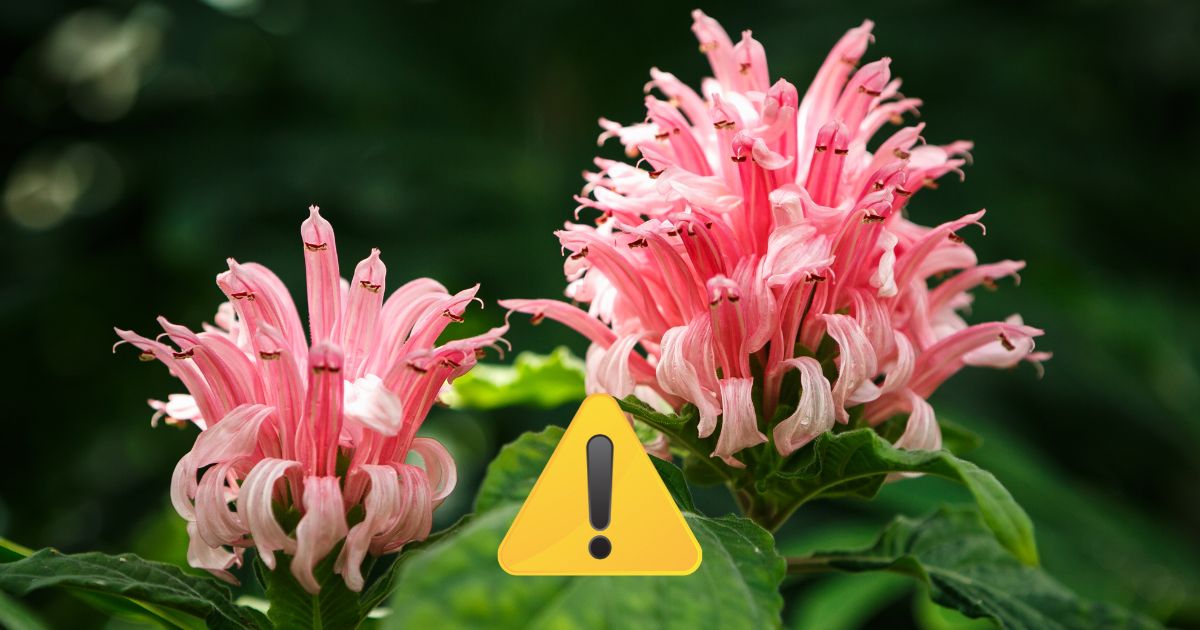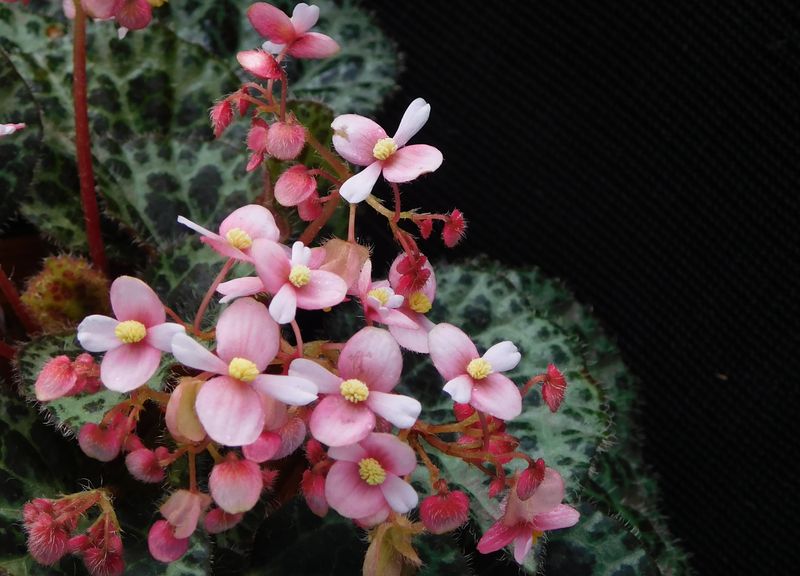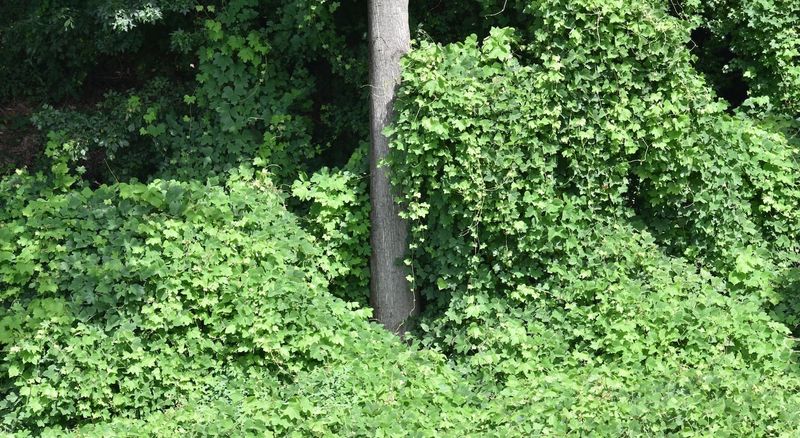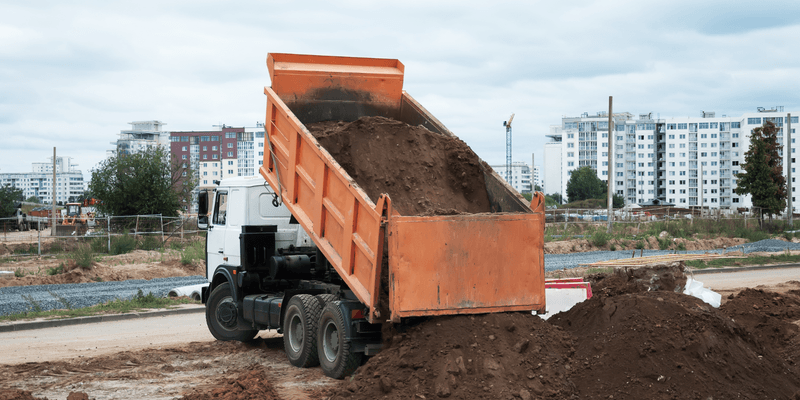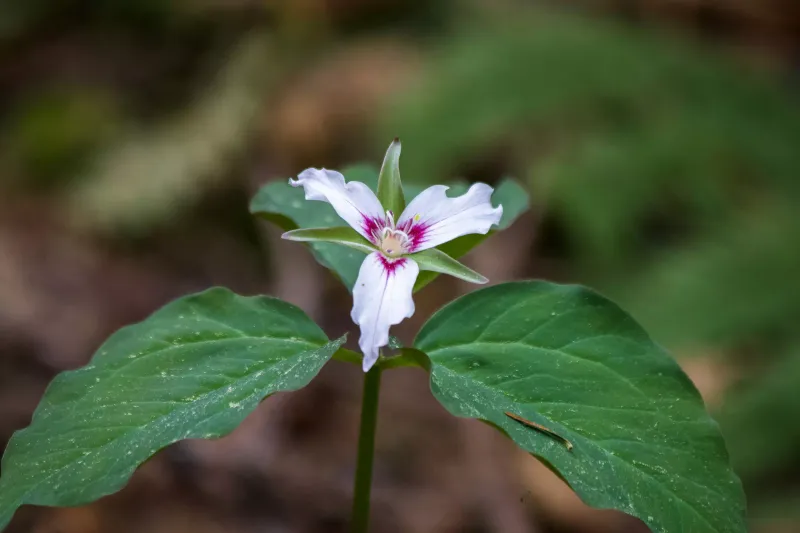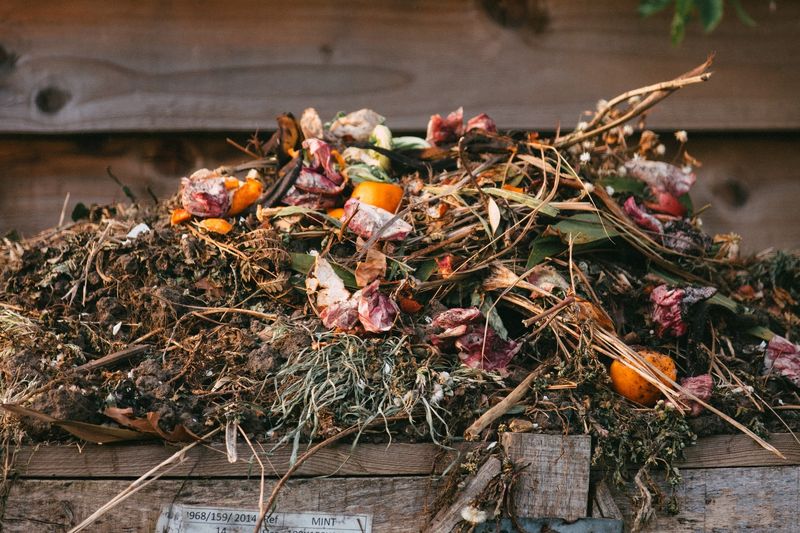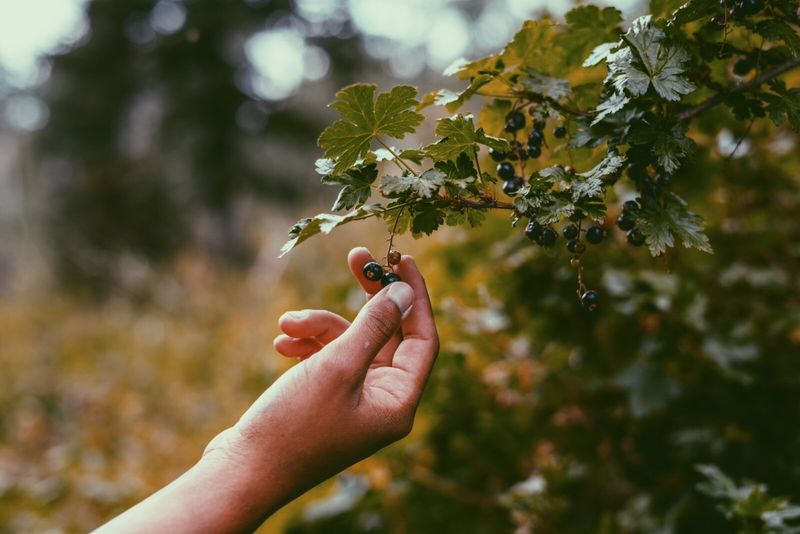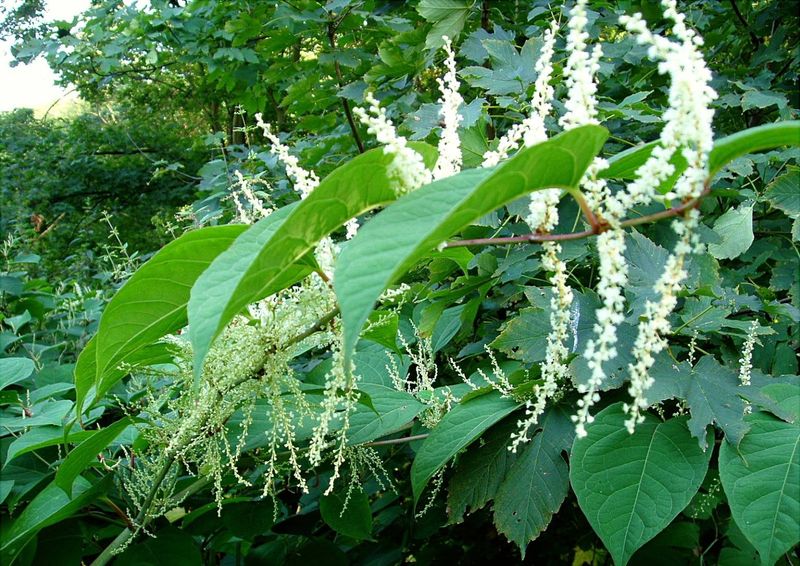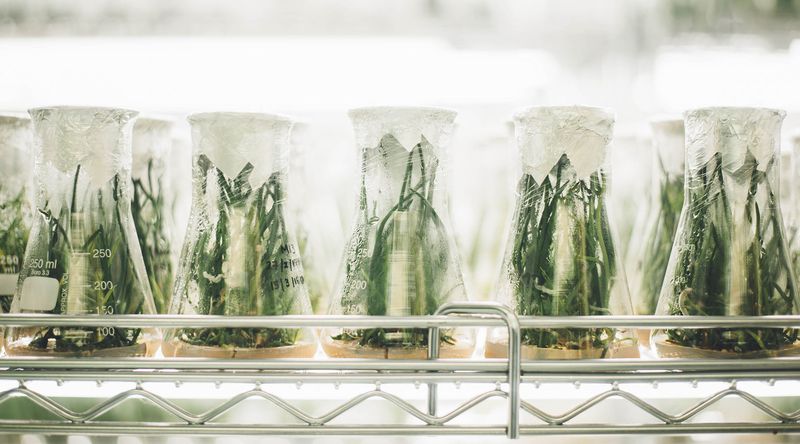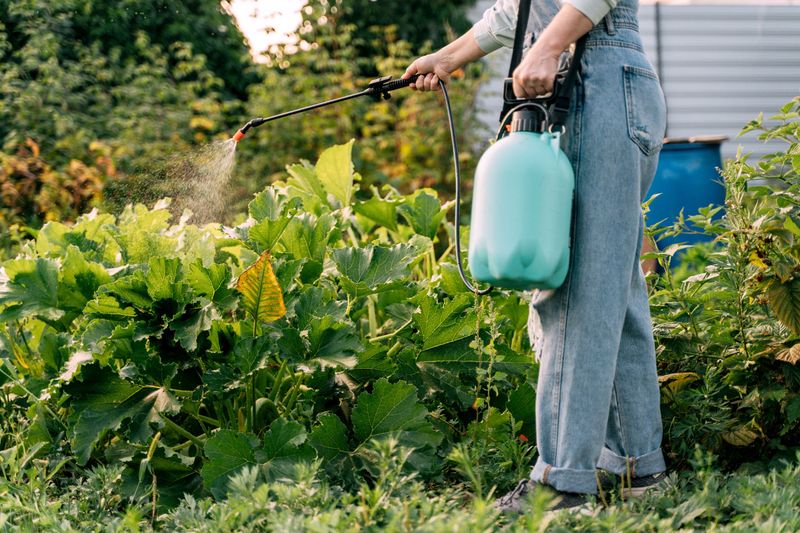As a plant parent, you may be nurturing more than just greenery. Certain laws and regulations govern plant ownership and cultivation, and unknowingly, you might be crossing legal boundaries.
This article explores ten ways your plant passion could be unintentionally illegal, helping you sidestep trouble and grow responsibly.
1. Illegal Plant Trade
In the world of plant enthusiasts, the allure of rare and exotic species is undeniable. However, the trade of such plants can often be illegal, especially when they are sourced from protected environments or regions with strict export laws.
Engaging in the purchase or sale of these plants without proper documentation could lead to hefty fines or even imprisonment. It’s essential to verify the legality of any plant you’re considering adding to your collection.
Researching the species and ensuring you have the necessary permits can save you from legal trouble and help protect endangered plants.
2. Cultivating Invasive Species
While cultivating a diverse garden may sound appealing, some plants are classified as invasive species. These plants can overrun local ecosystems, causing harm to native flora and fauna.
In many regions, it’s illegal to plant or propagate certain invasive species without permission. Failing to comply can result in fines and the destruction of your plants.
To avoid this, familiarize yourself with local regulations and opt for native or non-invasive plant varieties that support the local environment, ensuring both your garden’s beauty and ecological balance.
3. Transporting Soil Across Borders
Crossing borders with soil may seem harmless, but it can introduce pests and diseases to new areas, threatening local agriculture.
Many countries have strict regulations on soil transport for this very reason. Ignoring these regulations can lead to confiscation, fines, or legal action.
Before traveling with plants or soil, check the destination country’s import laws. Ensure that you’re not unwittingly spreading harmful organisms, and consider purchasing soil and plants locally to support quarantine efforts.
4. Collecting Endangered Plant Species
Collecting plants from the wild, especially in protected areas, can harm delicate ecosystems and is often illegal. Endangered plant species are protected by laws to prevent their extinction.
Taking these plants without permission can result in severe penalties, including fines and legal prosecution. It’s crucial to understand the conservation status of plants and respect protected environments.
Instead of collecting from the wild, consider cultivating endangered species legally through conservation programs that aim to preserve biodiversity and educate plant enthusiasts.
5. Improper Disposal of Plant Waste
Disposing of plant waste improperly can lead to environmental issues, such as the spread of invasive species or plant diseases. Many regions have guidelines for composting and plant waste disposal to protect local ecosystems.
Ignoring these regulations can result in fines or other legal implications. Proper disposal practices include separating plant waste from household garbage and using designated composting facilities.
By adhering to local guidelines, you contribute to environmental health and prevent the accidental spread of harmful plant organisms.
6. Unauthorized Foraging in Public Lands
Foraging can be a delightful way to enjoy nature’s bounty, but doing so on public lands without permission is often illegal. Many parks and reserves have strict rules to protect their natural resources.
Unauthorized foraging can lead to fines and jeopardize the preservation of these areas. Before you forage, check local regulations and consider whether permits are required.
Engage in sustainable foraging practices, taking only what you need and leaving enough for wildlife and regeneration, thus ensuring the health and continuity of the ecosystem.
7. Importing Prohibited Plant Species
Importing plants can bring new beauty to your home, but some species are banned due to ecological risks. Prohibited plants can carry pests or diseases that threaten local agriculture and biodiversity.
Transporting these plants without authorization can lead to fines, confiscation, and legal issues. To avoid this, research the plants you wish to import and adhere to international and local regulations.
By respecting these laws, you protect your local environment and contribute to global efforts in ecological conservation.
8. Neglecting Plant Quarantine Regulations
Quarantine regulations are vital for preventing the spread of pests and diseases. When acquiring new plants, especially exotic ones, it’s crucial to comply with quarantine laws.
Neglecting these regulations can result in the spread of harmful organisms, legal penalties, and the destruction of the plants. Ensure new arrivals are isolated and inspected according to local guidelines.
By following quarantine rules, you protect your existing collection and support broader plant health initiatives, maintaining a safe and thriving plant environment.
9. Selling Plants Without a License
Selling plants can be a rewarding venture, but it often requires a business license or nursery certification. Unlicensed sales can lead to fines and business closures.
Understanding the legal requirements for selling plants ensures compliance and protects your business interests. Research local laws and obtain necessary permits before starting sales.
Operating legally not only safeguards you from penalties but also builds trust with customers, making your plant business sustainable and reputable in the long run.
10. Using Restricted Pesticides
Pesticides can be crucial in maintaining plant health, but certain chemicals are restricted due to their environmental impact. Using banned pesticides can harm wildlife and contaminate water sources.
Legal consequences include fines and potential restrictions on plant cultivation. Always check the legality of chemicals before use and opt for eco-friendly alternatives when possible.
By choosing safe pesticides, you protect not only your garden but also the broader ecosystem, promoting sustainable and responsible gardening practices.
